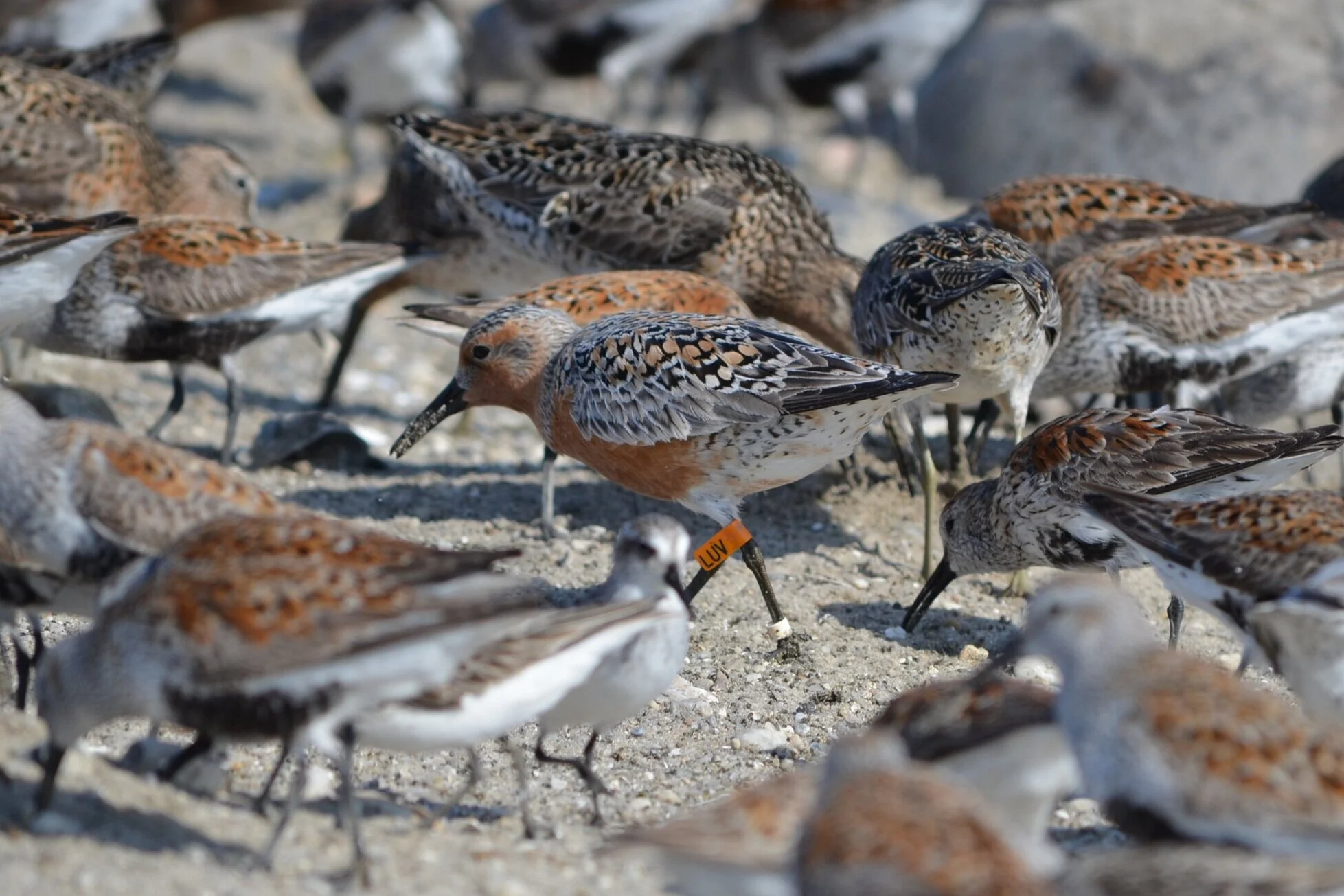REPORT A BANDED BIRD
Report a bird found with a 9 digit USGS-issued band: HERE
The value of banding data is only fully realized when banded birds are recovered and band numbers are reported to the Bird Banding Laboratory (BBL). Some recoveries are recaptures (including resighting of bands through spotting scopes- more on that below) of live birds that are obtained from banders or from other wildlife professionals. However, the predominant number of recoveries of dead birds come from the public, either by people who have found birds that have died, or by hunters who have harvested them.
If you have found or harvested a banded bird, please report it at www.reportband.gov. You will need the band number, or numbers, if the bird has more than one band. You will also need to know where, when, and how you recovered the bird. Your contact information will be requested in case there are any questions. The BBL will send you a certificate of appreciation that includes information about the sex, age, and species of the bird, and where and when it was banded. You can keep the band.
Please note: Even if the band you recover is inscribed with a 1-800 telephone number, as of July 2, 2017, you can only report it at: www.reportband.gov.
Report a shorebird sporting a colored leg flag: HERE
You would still report the 9 digit sequence on the USGS band to the aforementioned reportband.gov (only if you knew it, of course)- however, for the tens of thousands of shorebirds sporting unique flag codes, you should report those to http://bandedbirds.org. Along with the date and location, you will only need to note the color of the flag and the three digit alphanumeric code.
Avian researchers and biologists rely heavily upon your cooperation.
As always, we and the birds thank you.



